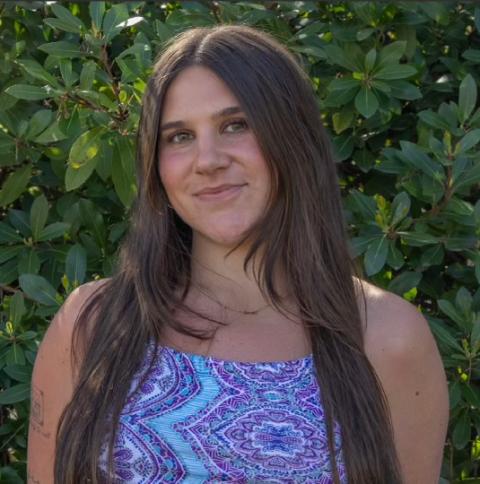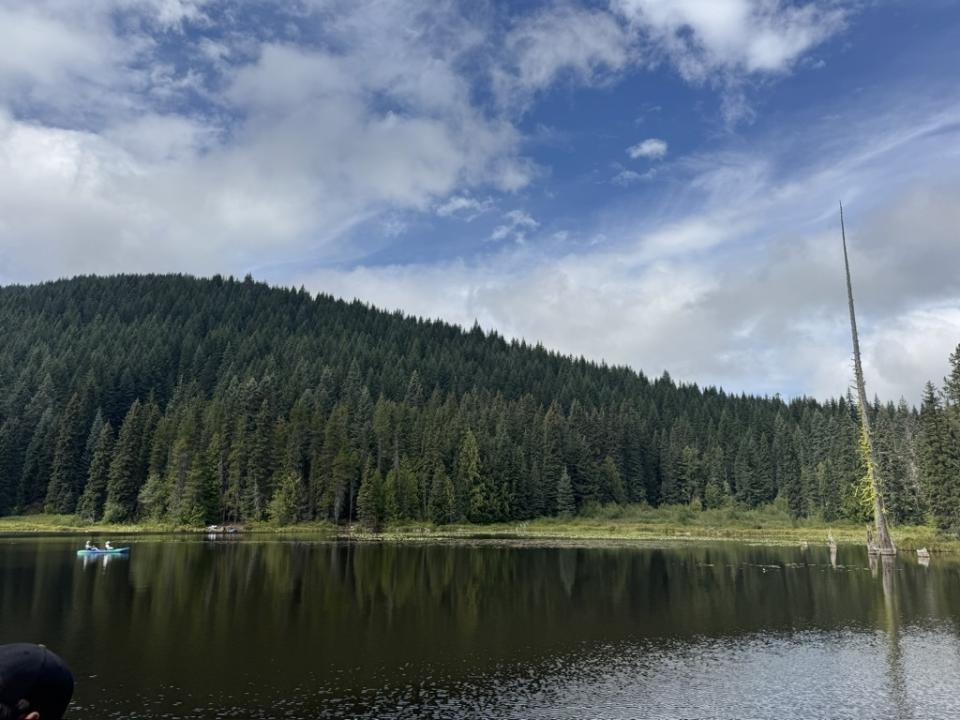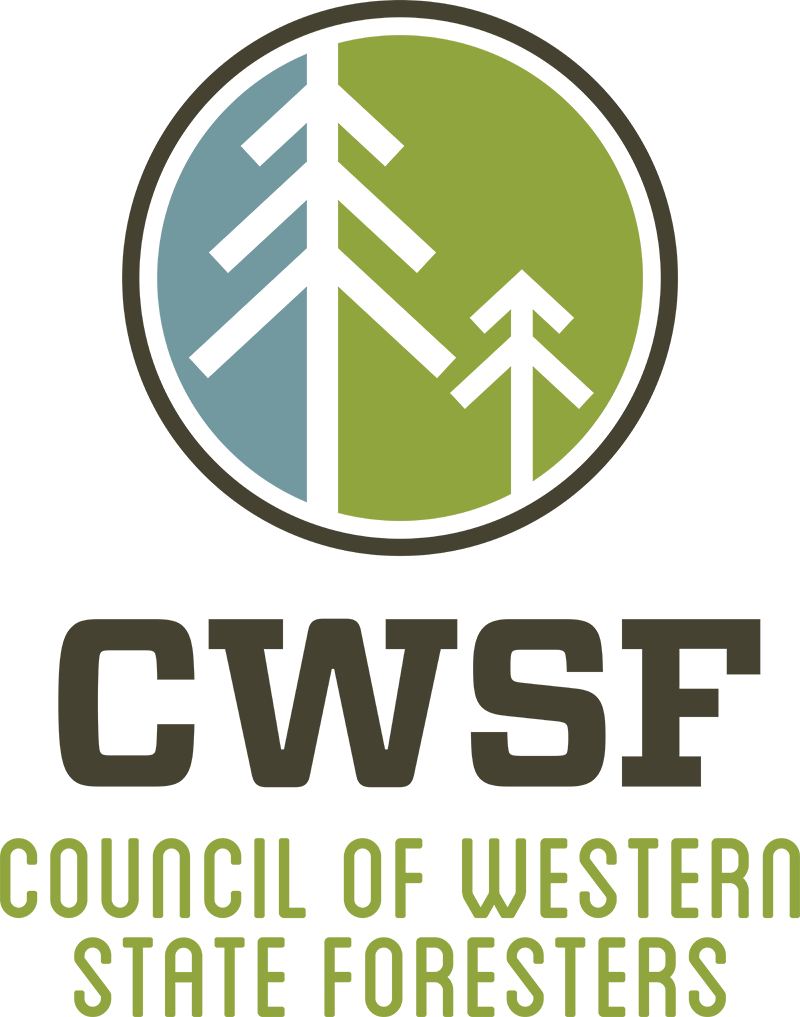
Authored by Kaydyn Guelsdorf, 2025 CWSF Communications Intern
I’m going to let you all in on a secret: I wanted this internship for months.
Last summer, I studied abroad in Oxford, England. On the first day of class, we did the typical icebreaker activity, sharing our majors and interests. I shared that I was a science communication minor and that I wanted to pursue it professionally.
Later in the day, while walking back from punting on the Isis, my classmate, Autumn Oberhart, mentioned that she had a communications internship with the Council of Western State Foresters (CWSF). She told me all about it, and I thought to myself: I would love to have that internship next summer.
The CWSF internship stayed on my mind throughout my junior year. Months later, during the peak of summer internship application frenzy, I hadn’t seen anything about the CWSF internship, and I began to put aside my hope that it was going to be offered again.
While scrolling on LinkedIn one day, I saw Autumn had reposted CWSF’s post about the Communications Internship for this summer. I liked the LinkedIn post and immediately began my application. Now, months later, I’m here to share the skills I’ve learned and projects I’ve had the opportunity to work on this summer.
This summer has been a fantastic learning experience and has vastly expanded my knowledge about forestry. Being a Communications Intern for CWSF has significantly developed my communication and research skills, which I will take with me into my science communication courses and future career.
Projects I worked on this summer included creating infographics for the Pacific Islands Forestry Committee (PIFC) about the coconut rhinoceros beetle (CRB). This involved lots of research and collaboration with my supervisor, Sara Goodwin. While working on this project, I took a trip to Kauai, where CRB has been detected. At the airport, I saw a large CRB educational display. This caused me to reflect on how my work this summer has focused on prevalent topics that are important for people's safety and education. It was rewarding to see firsthand that my work this summer had an impact.

Another project I enjoyed working on was a blog post for National Wildland Firefighter Day. As an Oregonian, I have witnessed the impacts and aftermath of wildfires across our state, and I commend the work wildland firefighters do to protect our land and our communities. Writing this blog post strengthened my writing and research skills, and also helped me reflect on the people who do essential work for the safety of places impacted by wildfires, including my home state.
Additionally, I worked on several projects about State Forest Action Plans (SFAP). I created an FAQ and synthesis document after attending the CWSF Webinar for the 5-Year Requirements for SFAPs, as well as a handout about the Infrastructure Investment and Jobs Act Forest Action Plan Implementation Funding to highlight how this funding has been utilized across Western states.
I also created multiple LinkedIn posts for monthly newsletters and other topics. This ongoing task taught me how to craft phrases and words that catch the attention of a social media browser, a critical aspect of creating content for a broad audience.
Throughout this summer, I learned that strong communication efforts are intentional and strategic. It is crucial to consider the audience's level of understanding and engagement with the topic at hand. Some of my projects were targeted to foresters, some were targeted to the general public, and this detail was key for determining the medium and how to best phrase the information. I will employ these lessons in my senior year of undergraduate studies at the University of Oregon.
This year, I will be applying to Science Communication master’s programs and begin mapping out a career in Science Communication. Spending my summer learning about and communicating forestry efforts has been incredibly rewarding and has shown me a future career path. I feel more passionate about communication than ever, and know that I have gained skills that will be valuable in my career going forward.
As my time with CWSF comes to an end, I want to sincerely thank the NASF Foundation for providing the funding for this program. It has been a transformative experience and has helped to shape and confirm my professional goals. I want to thank Autumn for sharing her experience with me last summer and reposting CWSF’s LinkedIn post. Sara Goodwin, thank you for your tremendous mentoring and guidance. You were always there to answer my questions and provide me with helpful tools that I will carry with me as I continue academically and professionally. To everyone else at CWSF, thank you for your kindness and support! It was a privilege and honor to work with CWSF, and I will always cherish this summer.
